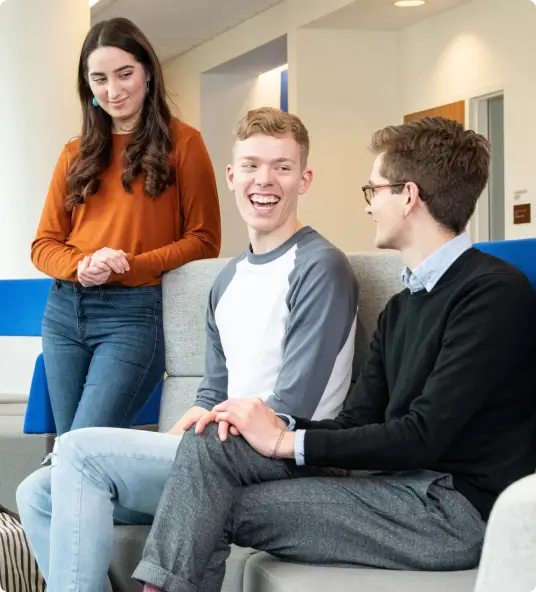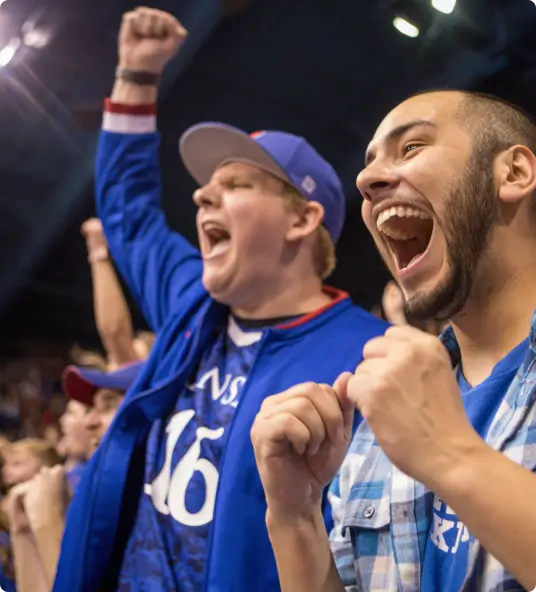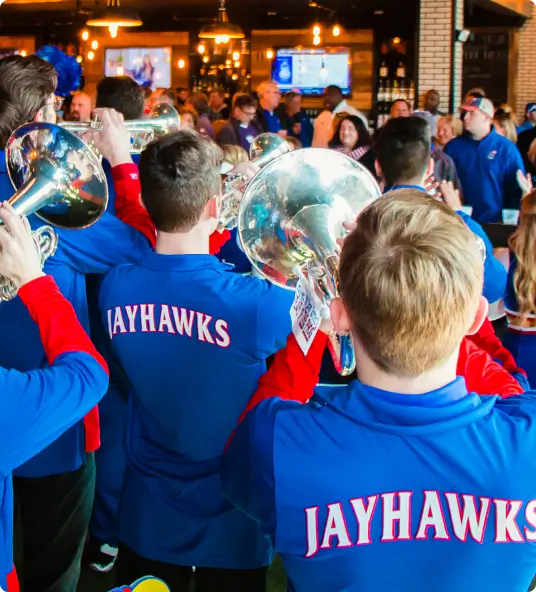Working as a resident assistant at McCollum Hall also meant attending staff meetings. At one particular meeting in April 1967, something happened that changed the course of my professional career. It had nothing to do with the content of the meeting, but what several of us did while the meeting was going on.
We always looked in our mailboxes, located across from the meeting room, before going into the room, just in case there was something besides the meeting agenda that needed our attention.
One day our mailboxes held a recruitment booklet from the United States Peace Corps advertising for participants in some of the first programs going to the South Pacific—specifically Western Samoa, the Kingdom of Tonga and Fiji. The meeting wasn’t particularly captivating (sorry, Dean), and by the time it was over, several of us had completed the multi-page, in-depth Peace Corps application. We asked each other, “What shall we do with them?”
The answer was simple: We sealed the self-addressed, postage-paid envelopes, and dropped them in the mail box and forgot about them.
In June telegrams from the Peace Corps arrived, inviting us to training in Hawaii. After three months of training, I headed off to the Kingdom of Tonga while a fellow staff member went to Fiji. It turned out to be the single most life-changing event for me. After participating in the Peace Corps, I directed Peace Corps training in the South Pacific, earned a master of arts degree from the University of Hawaii, and lived and worked in education and international development in Hawaii for thirty years.
I returned to the mainland and continued working in international development, switching my interests from Asia and the Pacific to Africa. My resume now reads “lived and worked in 42 countries on five continents.” Not bad for a kid from Wichita.
Two years ago our Peace Corps crew from Tonga celebrated the 40th anniversary of our arrival there. Forty of the 57 of us who completed the program talked about the collective 1,600 years of experience among us. There’s something we all share: Don’t be satisfied with the things you’ve done. Keep looking for something new and different to accomplish. Basically, what do you want to do when you grow up?
And those are the minutes of a staff meeting in McCollum Hall, April 1967. Do I have a second for the approval of these minutes?
—Mike Starkweather, c ‘67, proud Life Member



